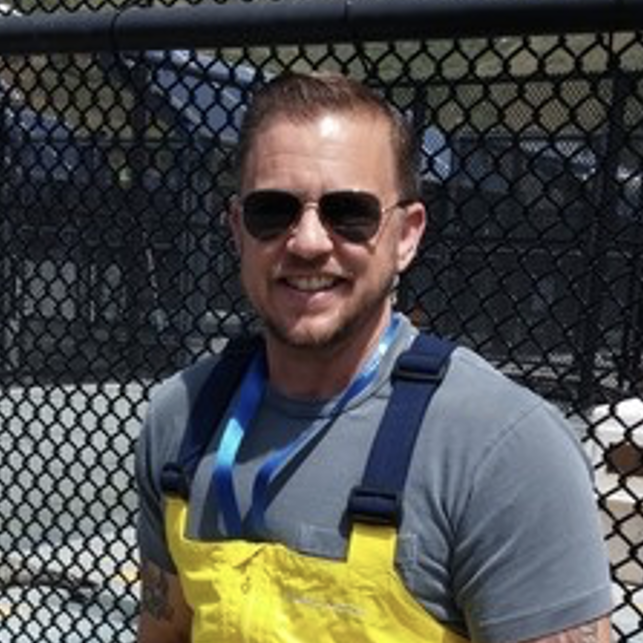International Transgender Visibility Day is March 31st. Each year, this day is dedicated to celebrating transgender people, raising awareness of discrimination faced by transgender people worldwide, and celebrating their contributions to society.
52 years ago were the Stonewall riots, which are widely seen as the birth of the LGBTQ+ movement. At the forefront of those riots? Three transgender and gender non-conforming women of color: Marsha P. Johnson, Sylvia Rivera, and Miss Major Griffin-Gracy. Without them, we wouldn’t have the progress we have today.
And while we’ve come a long way since then as a society in accepting gender diversity, there’s still a lot of work to do.
That’s why we teamed up with Dane Whitaker. Dane is the President of PrideVMC and a transgender man who transitioned during his career as a veterinarian. We sat down with him to learn how vet med can better support trans colleagues and employees.
What are the most significant barriers for trans & non-binary vet staff to thrive today?
“The lack of consistent and deep understanding of the issues that the gender-diverse community faces. It seems like there is a lot of awareness that we are out there in the universe, but that is as far as it goes.
Many folks know that trans and non-binary individuals exist in the world, but they haven’t taken the next steps in true allyship, which is to educate themselves about the fundamental realities of what life is like for our community. So, while on the surface, most institutions, be they private practices, vet schools, or industry, know of the presence of gender diverse folks, they don’t know much about our history, our community, or how to advocate for us.
On top of that, we are often asked to do the educating and to advocate for ourselves, which causes further emotional labor.”
What is a common misconception when it comes to supporting your trans coworkers?
“I think that many folks believe that now that gender diversity is being recognized and talked about, we have arrived at a time when we are all equal.
It is easy to say that since we didn’t even acknowledge that the gender-diverse community had something to contribute to society 10 years ago, and now we are talking about it, we can stop continuing to grow and learn. But, unfortunately, in the queer community, we have seen time and time again the pendulum swing, and when it feels like we have made 2 steps forward, we then take 10 steps back.
Take all of the anti-trans legislation that has come out in the last year as evidence of this. So, yes, we are talking about these issues, but that is not enough. We need to keep fighting and keep educating.”
How can cis coworkers better support their trans teammates?
To Dane, there are two key pillars of allyship.
1. Educate yourself first.
“One is for the ally to take it upon themselves to educate themselves about the community with which they wish to ally. This means doing the work, taking diversity training, learn the history of the trans and non-binary community. Learn what it is like to be in our shoes.”
Looking for some places to start?
- PrideVMC’s Allyship Toolkit (a jam-packed resource with many helpful links to learn how you can become a better ally)
- Transgender & Non-Binary People FAQ (a comprehensive resource with all the basics and vocab)
- Netflix’s “Disclosure” documentary (learn what trans people often go through that, as a cis person, you may not notice or think about)
- An Epidemic of Violence 2021 (trigger warning: it goes into detail about the current state of the violence and danger trans people face in our world today)
2. Be comfortable with being uncomfortable.
“The second pillar of allyship is to take that education a step further and learn to be comfortable with being uncomfortable. Use that knowledge and recognize the privilege you have in being cis (such as not having to worry about what pronoun someone will choose for you based on the way you look) and stick up for the rights of others who do not have the same privilege that you do.”
How can management create a more safe and supportive work environment for their trans employees?
“There are a few tactical things practices can do:
- Require all employees to take diversity training so folks can start with that important first step, education.
- Create a no-harassment policy in the workplace so that folks know that bullying and harassing fellow employees will not be tolerated.
- Support pronouns and chosen names on name badges, create nongendered bathroom spaces, and changing rooms.
- Join PrideVMC and sign the Gender Identity Bill of Rights.
And, most importantly, center trans and non-binary voices.
Elevate members of the gender-diverse community to positions of power and authority because you value our experience and abilities as amazing veterinary professionals.”




.gif)



